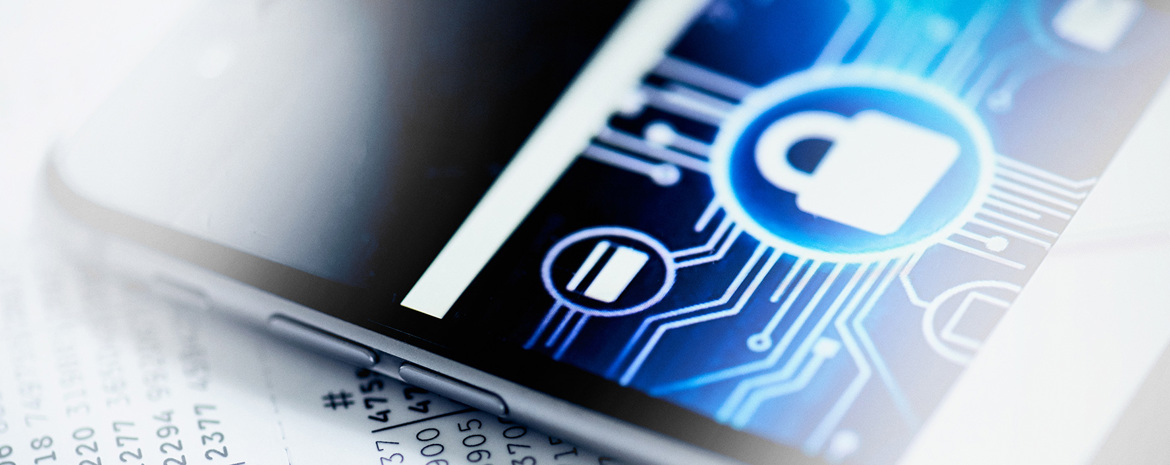Online safety
As banks increase security and consumers use even more secure systems, criminals become better at finding new ways of intercepting information about your bank accounts.
It is therefore important that you, as an online banking user, use your common sense and are critical when you are online.
Here is a guide to what you can do to minimize risks whilst online.


